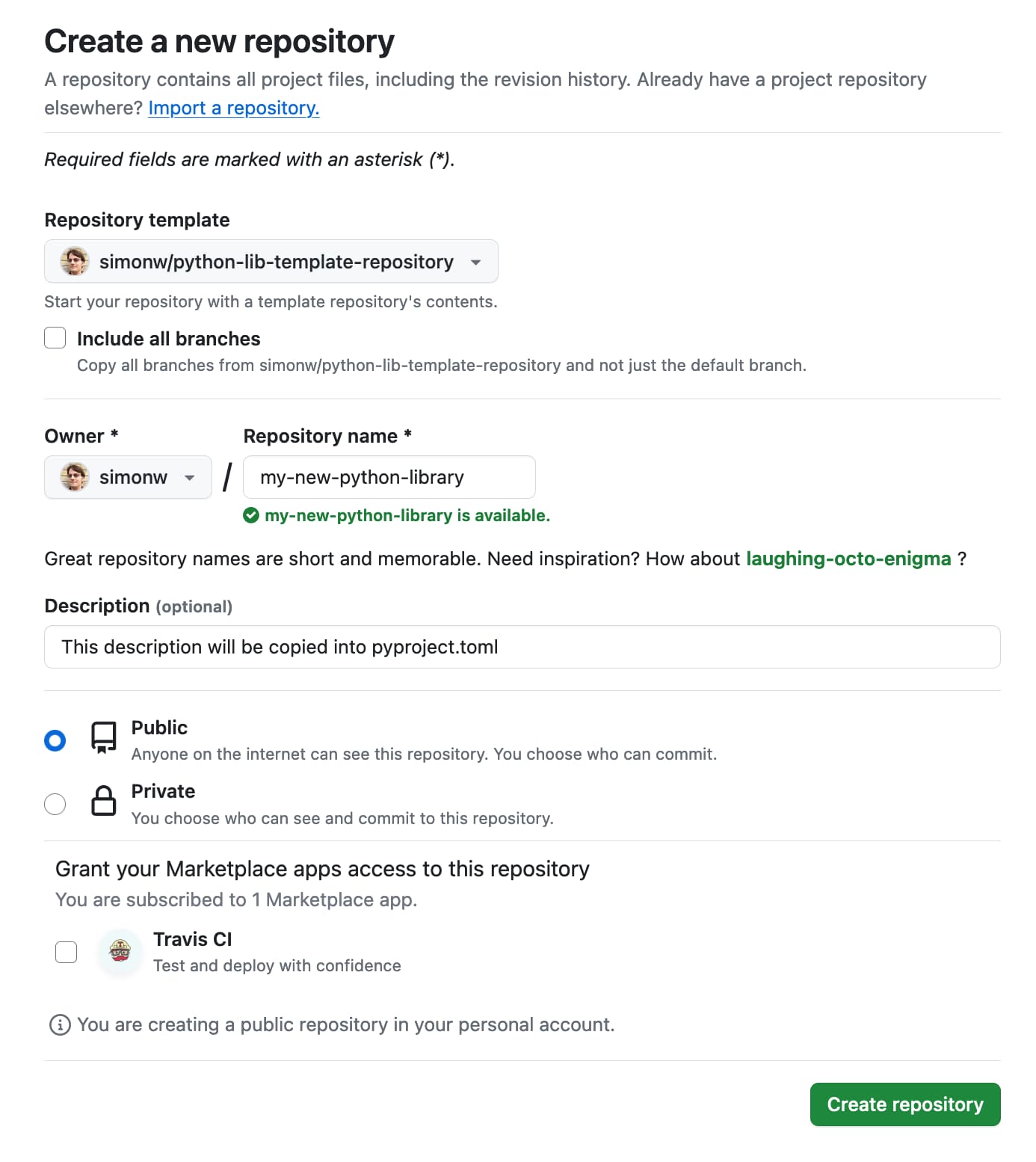Tuesday, 16th January 2024
Daniel Situnayake explains TinyML in a Hacker News comment. Daniel worked on TensorFlow Lite at Google and co-wrote the TinyML O’Reilly book. He just posted a multi-paragraph comment on Hacker News explaining the term and describing some of the recent innovations in that space.
“TinyML means running machine learning on low power embedded devices, like microcontrollers, with constrained compute and memory.”
You likely have a TinyML system in your pocket right now: every cellphone has a low power DSP chip running a deep learning model for keyword spotting, so you can say "Hey Google" or "Hey Siri" and have it wake up on-demand without draining your battery. It’s an increasingly pervasive technology. [...]
It’s astonishing what is possible today: real time computer vision on microcontrollers, on-device speech transcription, denoising and upscaling of digital signals. Generative AI is happening, too, assuming you can find a way to squeeze your models down to size. We are an unsexy field compared to our hype-fueled neighbors, but the entire world is already filling up with this stuff and it’s only the very beginning. Edge AI is being rapidly deployed in a ton of fields: medical sensing, wearables, manufacturing, supply chain, health and safety, wildlife conservation, sports, energy, built environment—we see new applications every day.
On being listed in the court document as one of the artists whose work was used to train Midjourney, alongside 4,000 of my closest friends (via) Poignant webcomic from Cat and Girl.
I want to make my little thing and put it out in the world and hope that sometimes it means something to somebody else.
Without exploiting anyone.
And without being exploited.
Publish Python packages to PyPI with a python-lib cookiecutter template and GitHub Actions
I use cookiecutter to start almost all of my Python projects. It helps me quickly generate a skeleton of a project with my preferred directory structure and configured tools.
[... 686 words]